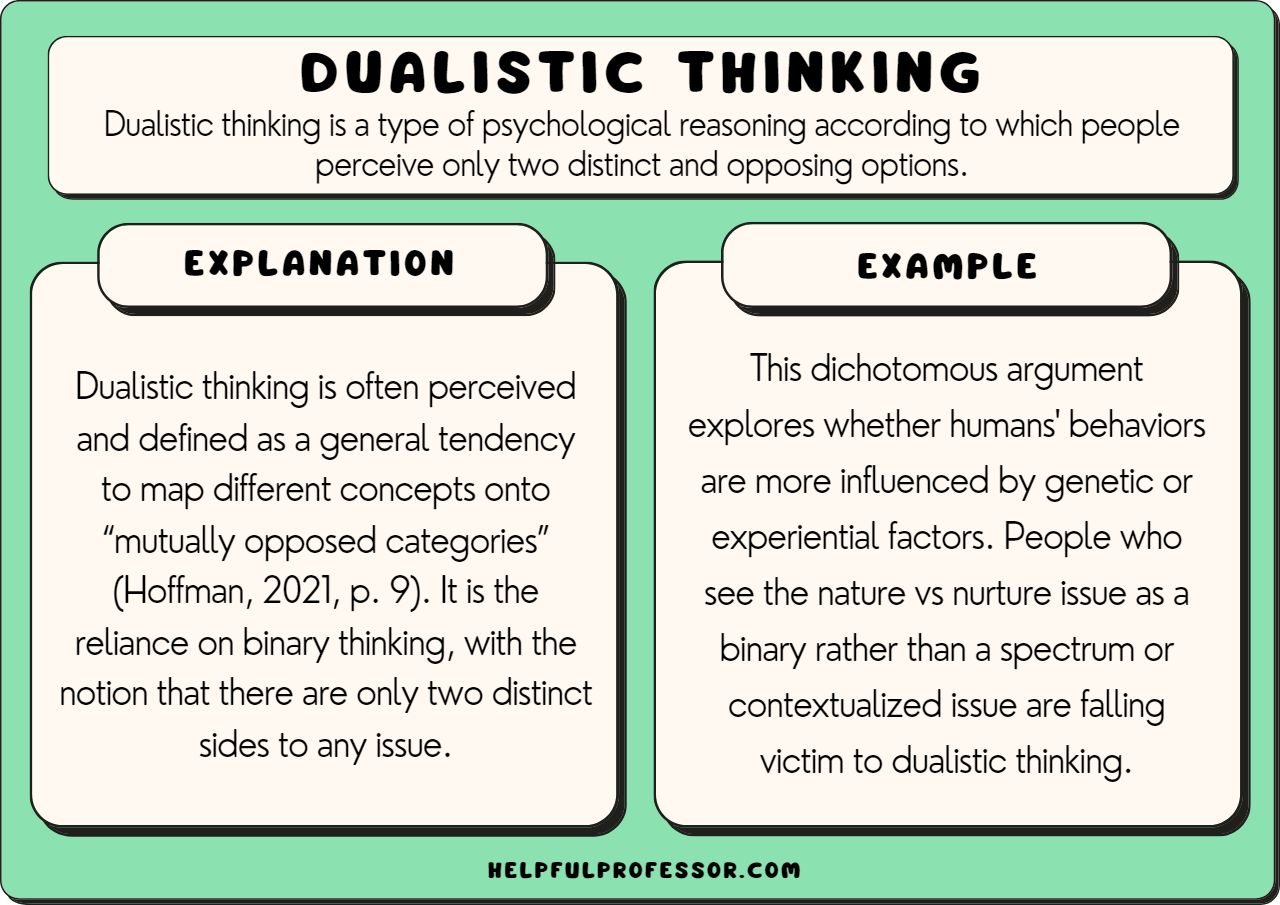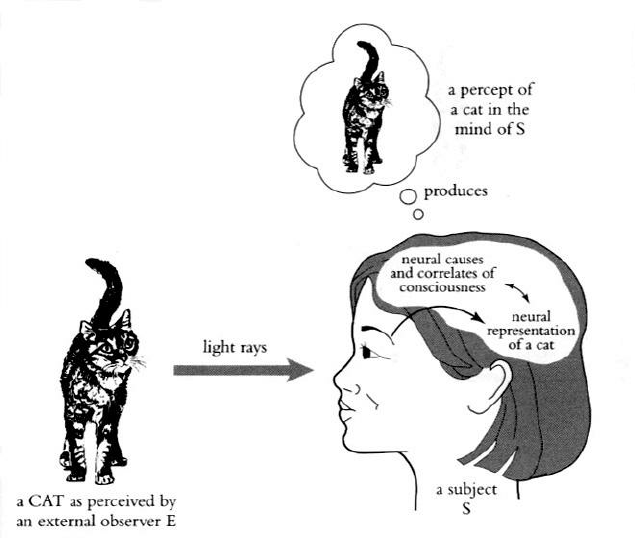 On Dan Savage’s podcast and advice column about sex, he sometimes get questions about particular turn-ons that ask about their origin. Three fake examples I made up since it’s a bit hard to go through the thousands of archived questions:
On Dan Savage’s podcast and advice column about sex, he sometimes get questions about particular turn-ons that ask about their origin. Three fake examples I made up since it’s a bit hard to go through the thousands of archived questions:
- “My partner has a rape fantasy wants to pursue it with me. However, she was also raped as a teenager and I’m a bit uncomfortable. Is it legitimate to do this considering the rape fantasy’s probably really the result of the rape?”
- “My partner likes to be humiliated during sex. I was wondering what could have been the cause of this. Particularly, he had a very controlling mother — was it because of that? What should we do?”
- “My partner gets turned on by watching balloons pop. It’s a very unusual kink, why might this happen?”
There is a two-part problem with such concerns and it’s related. The first question is whether the folk explanations for kinks are actually true. The second question is the assumptions that are involved in thinking you can “explain away” such desires — but only ones you might consider uncommon or taboo and so on.
On the question of whether it’s true, the easiest answer is that the folk-psychology associated with a certain pop interpretation of Freud (eg. that everything is about people’s childhoods and it’s all about your mother) goes against much of modern psychology. However, even in cases where it is all about someone’s mother, to presume that a layperson can just spout off some plausible-sounding explanation and actually be right is silly.
For an example of how ridiculous it is to resort to folk-Freudianism and ignore the actual complexities of psychology, biochemistry and neurology, consider this review of Alain de Botton’s book about sex (a review a posted on earlier): de Botton tells “the story of a man who becomes excited when he discovers his date is wearing flats (by Marni, a label de Botton likes enough to mention more than he does Freud in this book). The man likes the flats because his mother was a promiscuous actress who always wore very high heels. ‘Although the man is not aware of it, his psychological history is the omnipresent filter through which he looks at shoes, and by extension at the women wearing them (p. 31),’ de Botton writes.”
Not only is this idea embarrasingly silly but it has a sinister history. Consider the idea (most popular decades ago) that the “origin” of men being gay is an absent father or overbearing mother or some such nonsense. It makes it especially easy to condescend and belittle if you think that not only can you “explain” someone’s kink but that making stuff up is a good enough explanation.
However, let’s grant all the actual explanations, at least for my 3 made-up advice column questions above. The woman has the rape fantasy because she was raped. The man likes to be humiliated because of his overbearing mother. Let’s pretend we can even pinpoint with scientific near-certainty that the man likes balloon popping because of some connection his brain makes between balloons and breasts.

So what? The idea that this is relevant (or that it’s some great reveal, or that it shows that it’s not a “true” kink, or that it shows what the kink is “really” about) rests on one assumption — that explaining the origin of something means explaining it away and destroying some deeper significance about it. This assumption is often relied on by anti-materialists to make their point. In this case, we assume that a desire having a history means that it’s not a “genuine” desire because it was imposed on you by the world. This sets up a false dichotomy: there are the significant desires (which come from some dualistic “real” you, and are executed by a contra-causal free will) and then there are the pettier desires which were placed there by the mere circumstance of the physical world.
There aren’t any desires that come from the real contra-causal you so the assumption is dualistic. If our minds are physical, which they are, then every sexual and non-sexual desire was placed in your brain by the mere circumstance of the physical world. Including any suburban, middle-class, down-the-line desires you might have. If there’s a wiring in a man’s brain connecting balloons to breasts, the wiring in millions of other men connecting breasts to desirability has exactly the same status. But the historical contingencies of the brain only magically happen to be questioned when it’s a desire/behaviour that’s considered wrong or weird or “icky”.
Of course it is status that the argument is after. This is why it didn’t seem silly to explain the contingent origins of gay desire in the 50s when being gay was reviled in most social circles, but today it would seem very silly to anyone non-homophobic. The distinction is used to control and demean, and detract from more relevant issues like whether someone’s desires hurt others or not.




0 Comments